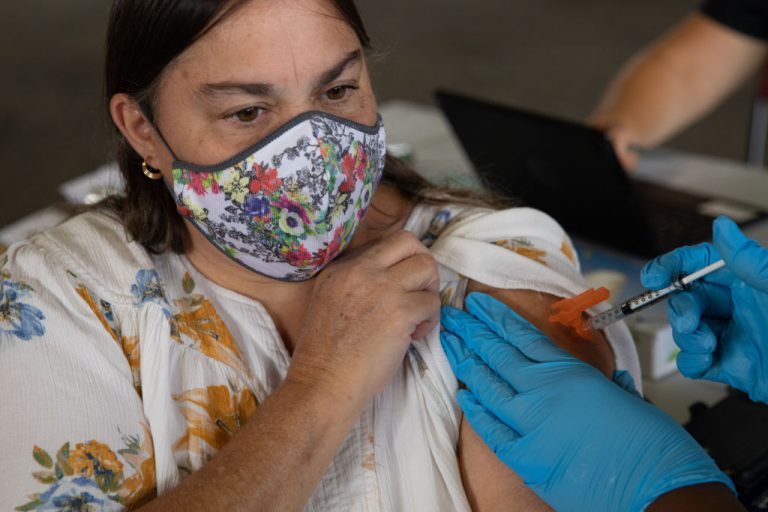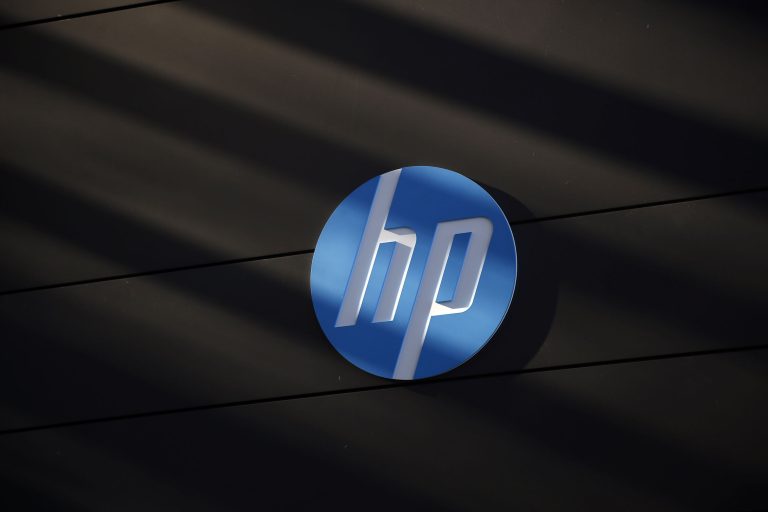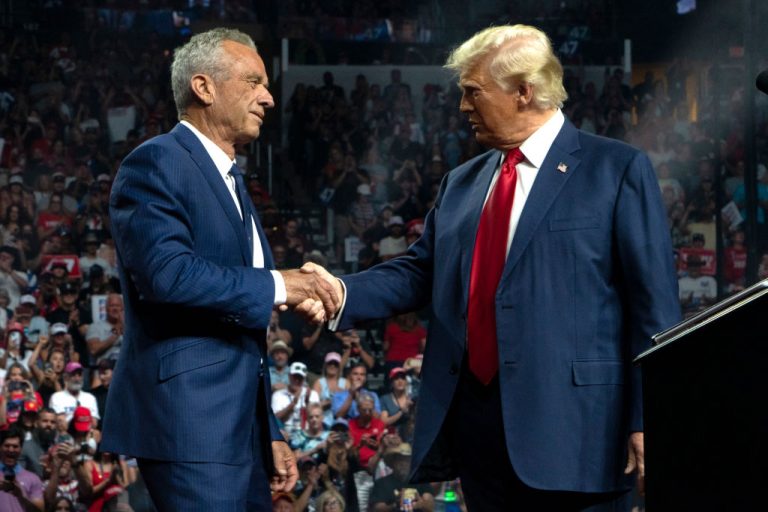The COVID-19 pandemic has already raked in billions of dollars of revenue for vaccine manufacturers. As booster shots get approved worldwide, these companies stand to make even more. In the United States, health officials have recently approved booster shots for specific populations.
According to the U.S. Centers for Disease Control and Prevention (CDC), people above the age of 65, those who live in assisted living homes and nursing homes, and people between 50 and 64 who suffer from risky health problems, should get a booster shot.
The CDC also said that individuals between the ages of 18 and 49 who have risky health issues as well as those between 18 and 64 doing risky jobs can also take boosters, even though the agency stopped short of issuing a recommendation. In the coming weeks and months, booster jabs will be expanded to other population groups.
This would mean more vaccine sales and revenues for companies like Pfizer and Moderna which are the primary suppliers of COVID-19 vaccines in the United States. While 99-million Americans have been inoculated with a Pfizer vaccine, 68-million have received Moderna doses. Only the Pfizer vaccine has been approved for use as a booster shot in the U.S.
An Associated Press report cited Morningstar analyst Karen Andersen as expecting booster sales to bring upwards of $26-billion to Pfizer and $14-billion to Moderna next year. The companies might also benefit from additional sales to people who were inoculated with a different vaccine.
Success
You are now signed up for our newsletter
Success
Check your email to complete sign up
For instance, a UK expert panel has recommended that Pfizer be the first choice for a booster shot. Pfizer executives had earlier stated that they expected the pre-tax adjusted profit margin to be in the “high 20s” percentage range. For this year, Pfizer expects sales revenues to be around $35.5 billion.
Manufacturers stand to rake in even more money if the vaccines end up becoming an annual affair, something that was alluded to by Pfizer CEO Albert Bourla in an interview with ABC.
“The most likely scenario for me, is because the virus has spread all over the world, that we will continue seeing new variants that are coming out, and also we will have vaccines that will last at least a year. I think the most likely scenario is annual revaccinations, but we need to wait and see the data,” Bourla said.
Despite Pfizer’s enthusiasm towards recommending a third shot, the company is yet to produce the late-stage clinical trial results of the booster shot which prove that it is effective against the Delta variant that now dominates the United States. The global phase three trial of the booster shot began in mid-July and is only set to be completed next year. Results of phase three trials are usually required before regulatory authorities approve a vaccine.
Pfizer has also raised the possibility of coming up with “tailor-made” versions of a vaccine that targets specific COVID-19 variants in case the booster shot fails to contain Delta or other strains.
In an interview with KHN, Dr. Paul Offit, director of the Vaccine Education Center at Children’s Hospital of Philadelphia, called the pharma companies’ rush to recommend booster shots to the public as frustrating. “Pharmaceutical companies aren’t public health agencies, it’s really not theirs to determine when or whether there should be booster dosing… That is the purview of the CDC,” Offit said.
A May report published by the People’s Vaccine Alliance stated that COVID-19 vaccines have created nine billionaires whose combined value was worth $19.3 billion. The money is enough to fully vaccinate around 780 million people in low-income nations.
Pfizer CEO Bourla defended his company’s right to profit from the vaccine, pointing out that they had invested close to $2 billion into research and development of the vaccine.
However, the fact that some of the vaccines were developed by private companies using funds provided by the government has triggered criticism against the firms. For instance, BioNTech, which partnered with Pfizer to create the COVID-19 vaccine, had received a grant of €325 million ($US397 million) from the German government.
“These billionaires are the human face of the huge profits many pharmaceutical corporations are making from the monopoly they hold on these vaccines… These vaccines were funded by public money and should be first and foremost a global public good, not a private profit opportunity,” Anne Marriott, Oxfam’s health policy manager, said in a statement.







